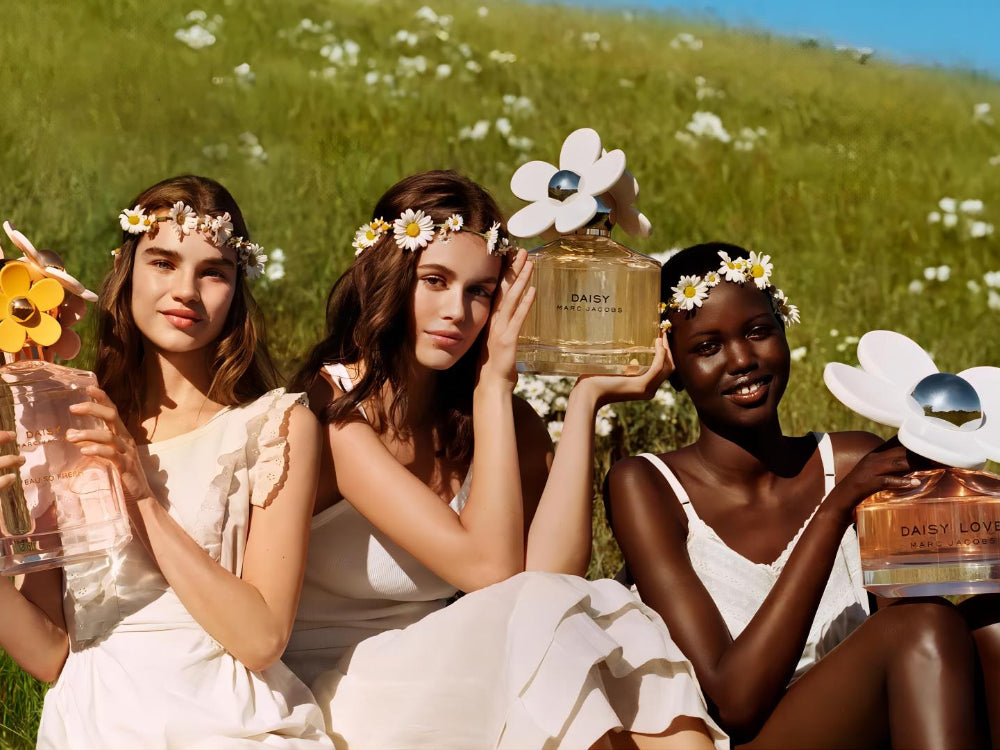Shall Marc Jacobs become an outcast?

Marc Jacobs, which has weathered the economic downturn, finds itself at a pivotal crossroads.
Last week, Bloomberg reported that LVMH is in contact with potential buyers of its fashion brand Marc Jacobs and is working with advisers on the possibility of selling the brand. This would attract bids from other consumer goods companies and private equity firms in the future.
LVMH has strongly denied that it is considering selling Marc Jacobs, a move that would have been closely watched by the industry.
However, analysts believe that LVMH may still consider selling Marc Jacobs in light of the current economic climate. In addition to Marc Jacobs, the company may also reorganise its 75 brands, address its shortcomings, and become more flexible in order to remain robust in turbulent times. It may also slim down its structure, abandon the light luxury market, and focus on the high-end market. Finally, it may incubate smaller brands through its private equity fund L Catterton.
Over the past 20 years, LVMH has successfully implemented a strategy of scale and expansion. In contrast to its history of frequent acquisitions, LVMH has a reputation for rarely divesting brands.
In 2017, the year that proved to be the most challenging for Marc Jacobs, LVMH did not divest the brand. This is likely due to the significant importance of Marc Jacobs to LVMH, a fact that is often overlooked by many today, 20 years after the event.
Upon his arrival at LV, Marc Jacobs redefined the rules of the luxury handbag game through his bold creativity, pioneering collaborations with artists and making the Monogram vintage handbag a significant revenue stream for the brand.
Marc Jacobs, a creative rebel in the luxury goods industry for the first decade of the 21st century, stepped down as LV's Creative Director in 2013 after a 16-year tenure. This is almost unheard of in today's industry, where creative directors are often replaced every three to five years.
However, the performance of his eponymous brand declined significantly following Marc Jacobs's shift of focus towards his personal brand, and 2017 represented a pivotal point in Marc Jacobs's career. With Marc Jacobs becoming a significant liability for LVMH's growth, speculation about the brand's potential sale resurfaced.
In a conference call held in January 2017, Bernard Arnault, Chairman and CEO of LVMH, stated that he was more concerned about the performance of Marc Jacobs than that of Donald Trump. He highlighted that Marc Jacobs is a purely fashionable brand that is at risk of falling behind the curve at any time. Analysts interpreted this as an indication that the group was considering the sale of Marc Jacobs.
It is unlikely that Marc Jacobs will fully recover until 2020. Once the brand's momentum resumes, a positive cycle is initiated. The impression of Marc Jacobs among the younger audience is that he is a creative director of luxury goods who is quite distant due to his illustrious career at LV, the world's largest luxury brand, and the market power of his personal brand. However, Marc Jacobs' social media content challenges this stereotype and resonates with people's spiritual need for authenticity, wit, optimism and other qualities.
Overall, Marc Jacobs has demonstrated a renewed sense of momentum in its 40th anniversary year. Time is a luxury brand's most valuable asset, and a designer brand that can survive 40 years is a true core competency. While Marc Jacobs is evolving from a designer brand to a potential luxury brand, there is no reason for LVMH to give up on Marc Jacobs, which seems to be emerging from a period of decline but is still not as impactful as it was in the first decade of the 21st century. Its revenues have remained stagnant for many years.
There are two potential reasons for retaining Marc Jacobs: a willingness to continue investing in the long-term vision of Marc Jacobs for decades until it becomes a historic luxury brand, and a desire to preserve the eponymous brand as a way to protect the brand equity of LV's golden age, given Marc Jacobs' past.
LVMH is simply considering the potential benefits of short-term and long-term value.



















